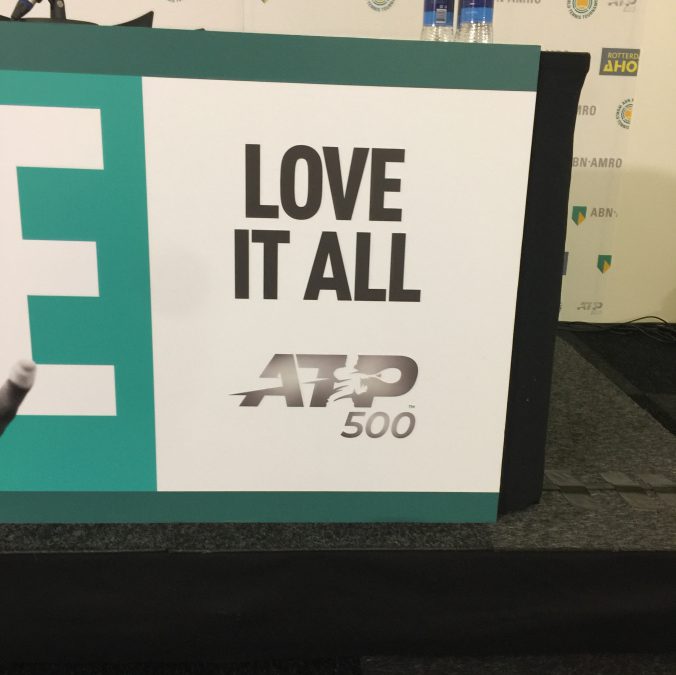Predicting the value of data


American futurist Watts Wacker is quoted as saying “no one is less ready for tomorrow than the person who holds the most rigid beliefs about what tomorrow will contain”. A thought provoking statement. Each year there are experts from all industries who predict the future and are convinced they are right, until they are wrong. And the sport business has its fair share of fans, players, media, pundits and experts making predictions.
Almost 20 years ago a young Spanish golfer turned professional. His name was Sergio Garcia. The data and performance from his amateur career was so prodigious he would be competing with Tiger Woods for major golf titles. As the saying goes ‘you could bet your house on him winning a major very soon’. After 73 appearances at a major tournament, four times a runner-up and 22 top ten finishes, Garcia won the 81st staging of the US Masters last weekend……
Sport federations, sponsors and marketers are being advised to ‘bet the house’ on data to build a profile or identity of every sports fan, supporter or consumer. After all, data and profiles have become the bedrock of success for many organisations including Amazon, Facebook and Netflix. At the IEG sponsorship conference in Chicago a few weeks ago, there was one visual from IBM that caught everyone’s attention, comparing the value of 1 million likes with 100 profiles. The message was simple, reach is worth less without insight about the fan or customer. And, by analysing the profile data, you can predict future preferences, customer journey and purchase behaviour. Assuming there is market demand for your product or service.
If there is one industry with no doubt about growth predictions, it is Esports. According to Superdata, six out of ten video games exceeded $1 billion in box office sales in 2016 and there is no sign of participation slowing amongst the gaming community. With an industry that has been built through internet connected devices and platforms, tracking and projecting growth is less of a challenge.
In an increasingly transaction based world, this makes good sense. But, sport marketers are dealing with emotional connections between fans, sports and brands. The process and decisions start with the principles of the athlete, team or event and brand values that define who you are, what you stand for and how you want to interact with fans or customers. Whilst some endemic brands sponsor Esports tournaments, fewer mainstream brands have entered the gaming community, not quite able to work out their added value or purpose.
Just like video games, Sergio is now a major box office hit, confirmed by data from his twitter account. Before the US Masters his tweets generated less than one thousand likes from 748,000 followers. Post-US Masters his tweets were generating 5,000 to 50,000 likes. Although Sergio has not changed, winning the US Masters added value to his profile that is relevant and meaningful to golf fans and sponsors. Now who could ever have predicted that when he turned professional 20 years ago?